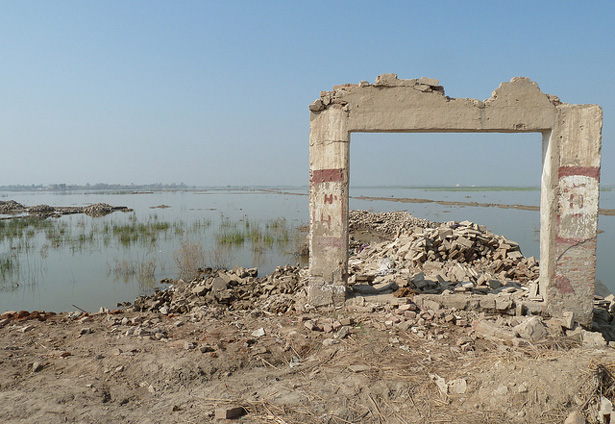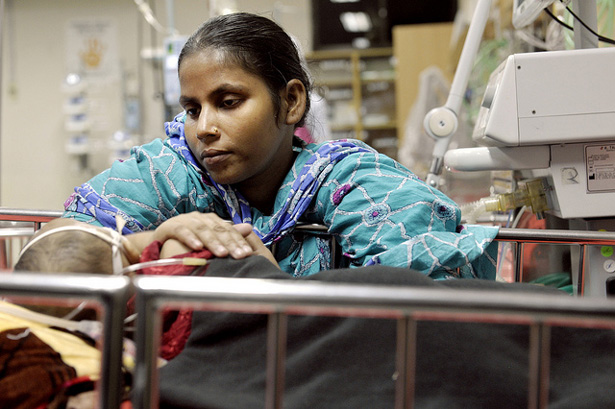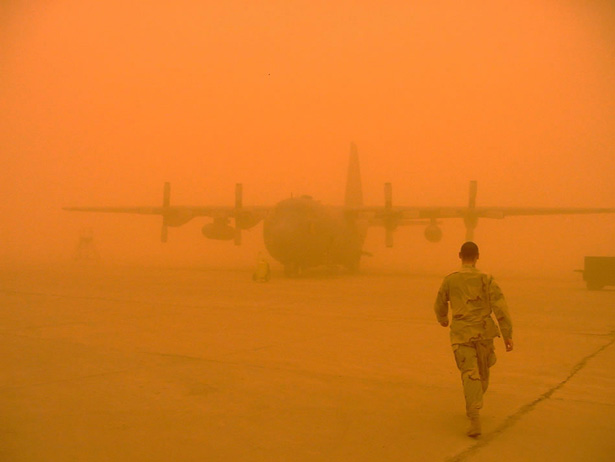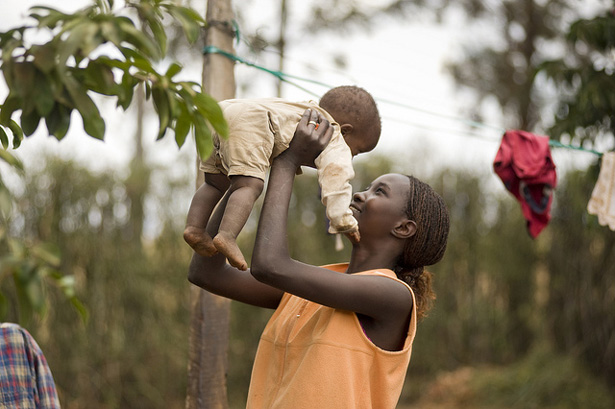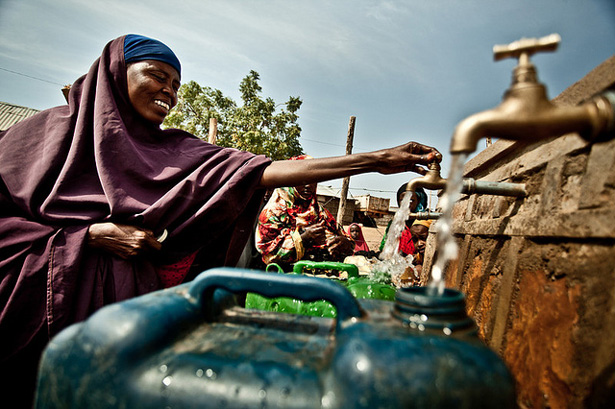-
Renewable Resource Shocks and Conflict in India’s Maoist Belt
› India’s Maoist (or “Naxalite”) insurgency has resulted in more than 9,000 deaths in the last decade and famously been called the country’s “single biggest internal security challenge” by Prime Minister Manmohan Singh. In, Renewable Resource Shocks and Conflict in India’s Maoist Belt, a working paper for the Center for Global Development, Devesh Kapur, Kishore Gawande, and Shanker Satyanth present their econometric analysis of the conflict and suggest that there is a link with natural resource depletion.
India’s Maoist (or “Naxalite”) insurgency has resulted in more than 9,000 deaths in the last decade and famously been called the country’s “single biggest internal security challenge” by Prime Minister Manmohan Singh. In, Renewable Resource Shocks and Conflict in India’s Maoist Belt, a working paper for the Center for Global Development, Devesh Kapur, Kishore Gawande, and Shanker Satyanth present their econometric analysis of the conflict and suggest that there is a link with natural resource depletion. -
Janani Vivekananda on Strengthening Resilience to Climate Variability in South Asia
›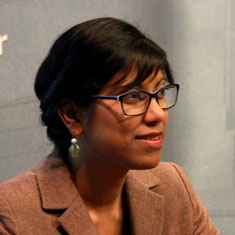
“Building resilience should help address the root causes of vulnerability, creating increased capacity to be able to adapt to a range of possible climate futures, not just cope with… specific climate impacts,” says International Alert’s Janani Vivekananda. Otherwise, if the specific impacts don’t play out, “in a fragile context that could be quite destabilizing and seen as a wasted opportunity.”
-
Strengthening Responses to Climate Variability in South Asia
›
Climate change and conflict can create a self-reinforcing feedback loop: Climate change exacerbates existing conflicts, while conflict makes adapting to climate change more difficult, said Janani Vivekananda of International Alert at the Wilson Center on February 7. [Video Below]
-
Sam Loewenberg, The New York Times
Learning From Failure
›
The original version of this op-ed, by Sam Loewenberg, appeared in The New York Times.
Americans love success stories. Go to the web sites of the United States Agency for International Development, the Bill and Melinda Gates Foundation, or a plethora of global health and development organizations, and you’ll find articles, charts, and videos documenting their triumphs and innovations, with the promise of more on the way.
-
Planning for Complex Risks: Environmental Change, Energy Security, and the Minerva Initiative
›
2012 witnessed a remarkable number and extremity of environmental conditions, from Hurricane Sandy and the U.S. drought to wildfires in Siberia and drought-driven blackouts in India. Arctic sea ice melted to its furthest extent in recent history. The energy landscape continued to change as well, from the launch of the U.S. Navy’s Great Green Fleet to the first liquefied natural gas shipments across the Arctic. As President Obama clearly stated in his second inaugural address, climate change is heightening both our risks and the need to respond, but tying together all of these issues is a highly complex endeavor.
-
Environmental Migration, Security, and Climate Change
› “Environmental degradation has measurable impacts on migration and presents humanity with unprecedented challenges,” writes Laurence Turbiana in The State of Environmental Migration, edited by François Gemenne and Pauline Brücker of the Institute for Sustainable Development and International Relations and Dina Ionesco of the International Organization for Migration. The report presents the findings of students at the Paris School of International Affairs who examined a number of case studies in 2011, including sudden disasters like the floods in Thailand, Colombia, China, and Bangladesh, as well as slower-onset events like droughts in Somalia and Mexico. The editors conclude that “environmental migration, in its forced and voluntary forms, is a reality.”
“Environmental degradation has measurable impacts on migration and presents humanity with unprecedented challenges,” writes Laurence Turbiana in The State of Environmental Migration, edited by François Gemenne and Pauline Brücker of the Institute for Sustainable Development and International Relations and Dina Ionesco of the International Organization for Migration. The report presents the findings of students at the Paris School of International Affairs who examined a number of case studies in 2011, including sudden disasters like the floods in Thailand, Colombia, China, and Bangladesh, as well as slower-onset events like droughts in Somalia and Mexico. The editors conclude that “environmental migration, in its forced and voluntary forms, is a reality.” -
Building a Global Network of Maternal Health Policymakers
›
On day three of the 2013 Global Maternal Health Conference here in Arusha, Tanzania, I was joined by the Global Health Initiative’s partners to present the results of the Wilson Center’s four-year-old Advancing Dialogue on Maternal Health Series. This series is unique in its convening power, helping to bring together experts and policymakers from around the world to collaborate on a shared goal: healthier mothers and children.
-
Should Maternal Health Goals Be Combined With WASH?
›
Does access to quality water and sanitation have an effect on maternal health outcomes? That was a surprising topic of discussion on day one of the second-ever Global Maternal Health Conference hosted this week in Arusha, Tanzania.
Surprising because, to be honest, I did not think there would be strong disagreements over the relationship between water and sanitation (WASH) and maternal health. In my work with the Comparative Urban Studies Project, the two seem to be clearly linked.
Showing posts from category India.



